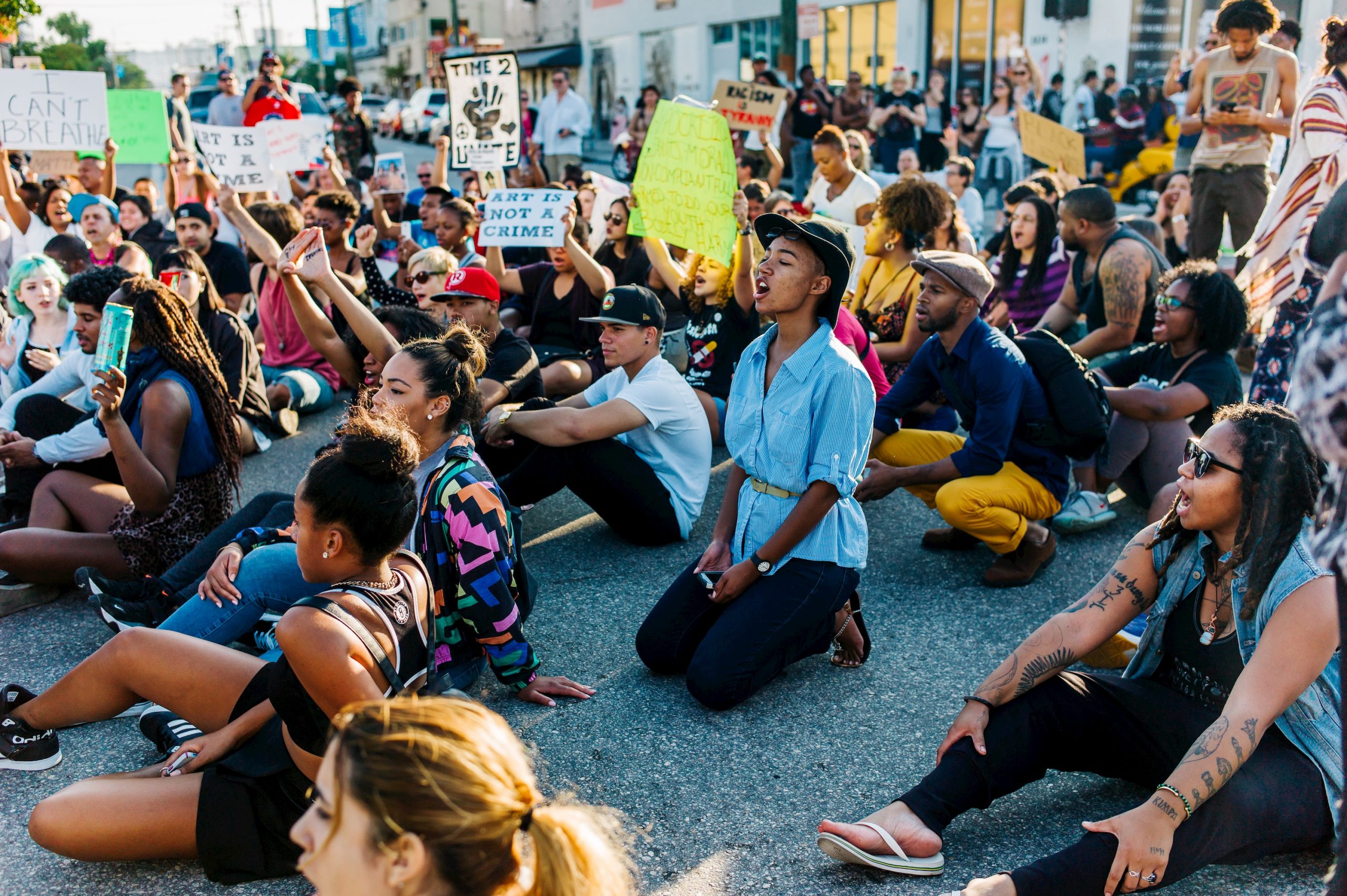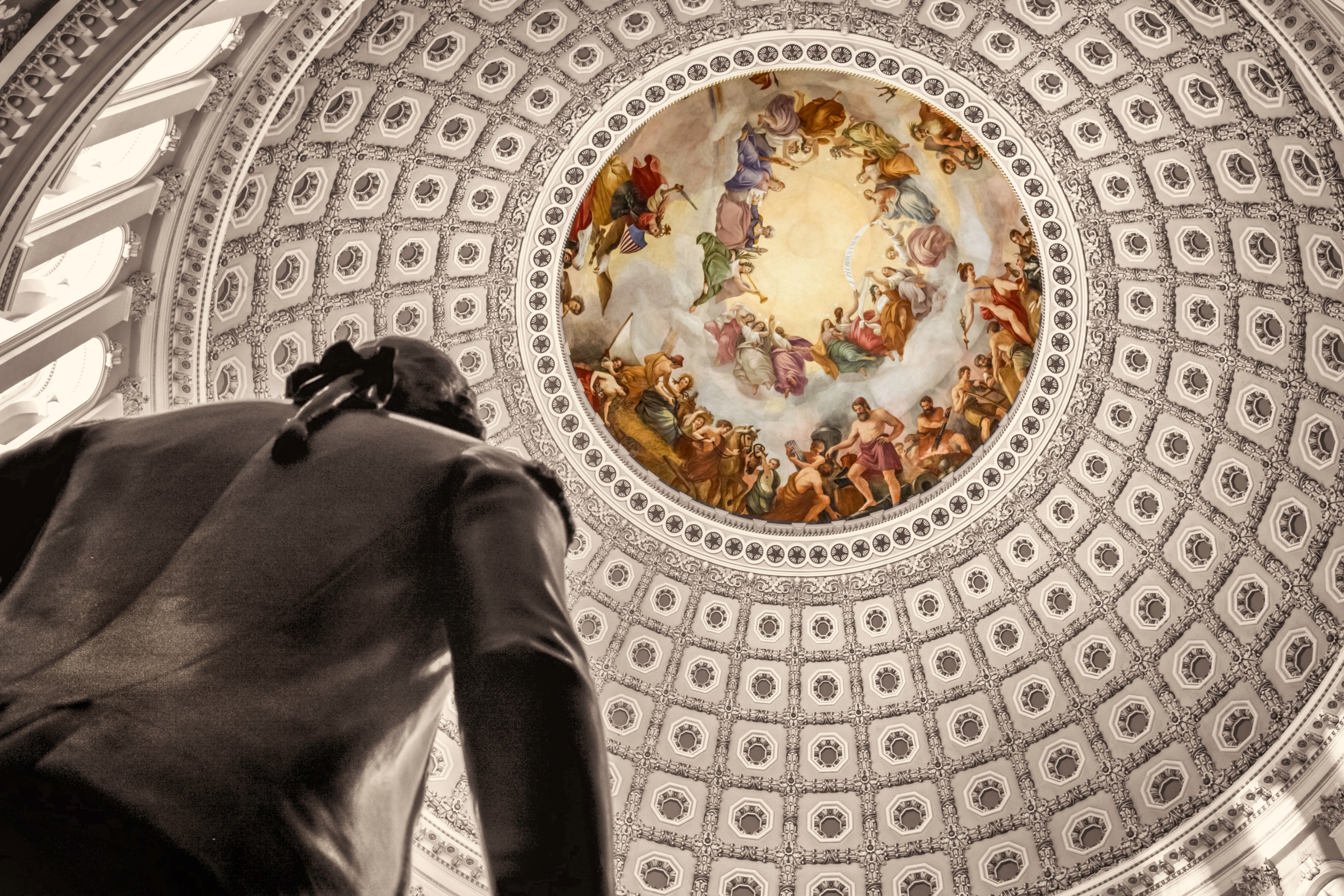What motivates voters to participate? The love of a charismatic candidate? The disgust of a less-than desirable one? Passion for a specific ballot initiative? Habit? The answer is as varied as the voting population, as is the reason that voters do not participate. Research shows that while voters’ confidence in their own vote being counted accurately remains relatively constant, their belief that results at the national level are correct is in decline. The threat of interference in our elections by another nation-state has heightened this sentiment.
At Democracy Fund, we believe that our election system can remain both accessible and secure. We invest in organizations working to bolster public confidence in our elections through modern, voter-centric election administration and registration, as well as other projects that are helping to identify and elevate best practices and protocols to improve the American voting experience. With these goals in mind, Democracy Fund is launching the Election Validation Project which aims to increase trust in elections through rigorous audits, standards, and testing.
Jennifer Morrell, a nationally recognized election official with over eight years of experience managing local elections, has joined Democracy Fund as a consultant to lead this project. Jennifer’s work in Colorado was instrumental in the successful implementation of the first statewide risk-limiting audit and she has been an outspoken advocate of implementing election audit standards beyond just post-election audits and has a vision of creating uniform audit and testing standards for all critical components of the voting system.
According to Jennifer, “Many states do a tremendous job testing voting equipment and performing post-election audits, but the scope and method vary. Improving trust in elections requires a uniform set of audit standards that go beyond auditing ballot tabulation equipment.”
The Presidential Commission on Election Administration (PCEA) called for the review of testing and auditing being done by the states in their 2014 report as well as the need to replace aging voting equipment—another reason why testing and auditing is so critical. Jennifer has been a proponent of testing and audit standards as the next iteration of guidelines to boost confidence and trust in our elections—and the election administration profession. In her experience as an election official, PCEA served as the foundation for collaboration amongst the profession and transformed it into a field of public service.
As states purchase new voting equipment and implement improved audit requirements, our hope is that we can provide information and guidelines about risk-limiting audits tailored to election administrators as well as policy makers and the voting public through our work. Jennifer’s work will include:
- Creating a collaborative of election officials and subject matter experts to identify best practices for pre- and post- election audits, standards, and testing.
- Completing an assessment of the current state of post-election audits and outlining a path towards risk-limiting audits.
- Meeting with election officials to illustrate the pros and cons of different types of audits and providing a plain language explanation of what a risk-limiting audit is and how it works.
- Most importantly, Jennifer will be working directly with a handful of states that can benefit from observation and informing their auditing and testing policies.
This new project comes at a critical time in election administration, and Jennifer understands what needs to be done to be successful, “This is a complex project that will take some time and some trial and error before it is successful. But starting the discussion is the first step. I am optimistic that election professionals at all levels will be willing to collaborate and lend their ideas and expertise to this endeavor. The table for this discussion needs to be large. We need researchers, we need technologists, we need policy experts and statisticians, but most importantly we need election officials who understand the complexity of running a successful election.”
Democracy Fund is thrilled to engage with Jennifer on this project and to be able to offer additional tools and guidance for election officials to use. We are confident that the collaboration will serve to inform the field and make certain that our elections continue to demonstrate the validity and integrity of the Great American Experiment.
If you are interested in working with Jennifer, she is available to work with states and present at association meetings on these topics. For more information, reach out to jmorrell@democracyfund.org.




